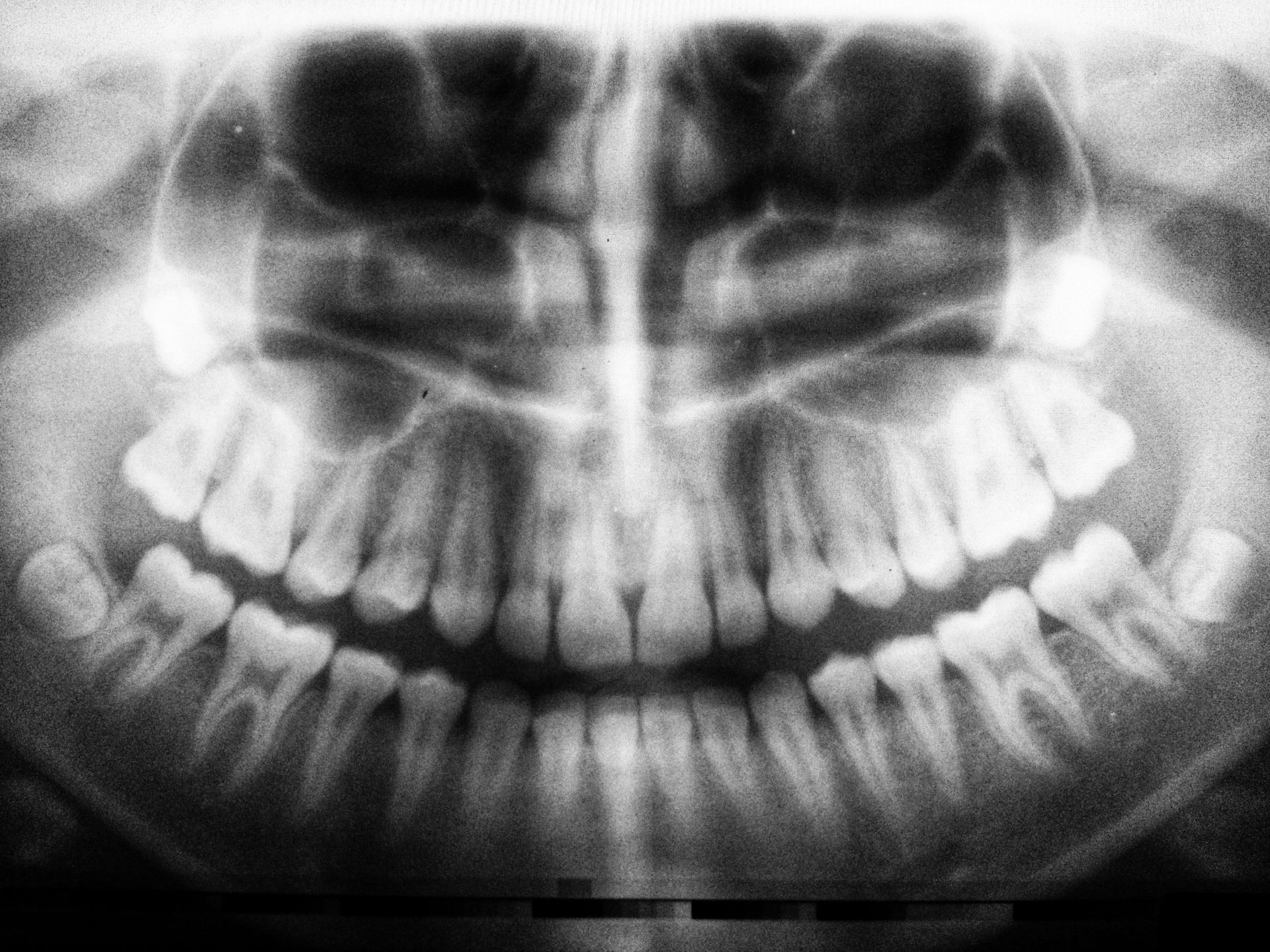TMJ disorder (“TMD”) is a condition that is often diagnosed following a car accident, although it may be caused by various other events. This condition may result in chronic pain in the face, jaw, neck, and shoulders. It may also cause chronic headaches, earaches, and hearing loss.
WHAT IS TMJ DISORDER?
TMD involves an injury to the temporomandibular joints (“TMJ”). The TMJ is the hinge where your jaw connects to your skull on both sides of your head. This joint is extremely flexible and allows for movement up and down and side to side. The TMJ is comprised of muscles, blood vessels, nerves, and bones.
The TMJ are required for talking, chewing, and yawning. Pain in these joints can significantly impact an individual’s life by leading to chronic facial pain, joint pain, earaches, and headaches. This pain may be temporary for some, or can last for years for others.
HOW CAN A MOTOR VEHICLE ACCIDENT CAUSE TMD?
Motor vehicle accidents are one of the most common causes of TMD. When a vehicle is struck from behind, the force of the collision may cause an occupant’s head to fling forward, and then violently backward. The opposite occurs with a front-end collision. The force of the impact may push the jaw open and cause added pressure to the joints on either side of the jaw. In a side impact collision, the jaw is thrown from side to side.
TMD may also be caused by striking one’s jaw against the dashboard or steering wheel, or from contact with the airbag during the collision.
WHAT ARE THE SYMPTOMS ASSOCIATED WITH TMJ DISORDER?
There are many symptoms associated with TMD. The following are the most common symptoms:
- Inability to open the mouth widely or experiencing pain when doing so;
- Pain or tenderness in the shoulders, neck or face when speaking, chewing or opening the mouth;
- Difficulty with chewing or biting;
- Experiencing popping or grating noises in the jaw;
- Experiencing headaches, hearing loss, earaches, ringing in the ears or dizziness;
- Facial swelling along the side of the face; and
- Jaw that gets stuck or locks in the open or closed mouth position.
TMJ injuries may not become noticeable right away following an accident. Often those who suffer injuries experience pain in their necks and shoulders and attribute this pain to whiplash. If you experience any of the symptoms referred to above, it is important to bring these symptoms to the attention of your doctors to rule out TMJ disorder.
HOW DO YOU TREAT TMD?
There are a number of different treatment options that doctors suggest to treat TMD depending upon the severity of the injury. Typically a variety of professionals are consulted to treat this type of syndrome, including a dentist, ENT specialist, physiotherapist, and primary physician.
Treatments can include transcultaneous electrical nerve stimulation, use of mouthguards, orthodontic work, massages of the jaw and face, application of heat and ice, psychological counselling, and stress management techniques. Medications such as tricyclic anti-depressants, muscle relaxants, and prescription-strength pain medicine may be prescribed.
As a last resort, surgery may be recommended if all other treatments have proven ineffective.
IS TMJ DISORDER CAPPED IN ALBERTA?
Alberta’s Minor Injury Regulation (“Regulation”) applies to compensate for injuries sustained in motor vehicle accidents. This Regulation places a cap by limiting the amount of compensation an injured party can recover for general damages (i.e. pain and suffering) for minor injuries. Minor injuries include sprains, strains, whiplash associated disorders, and certain types of TMJ disorders, according to the Regulation.
Alberta has recently enacted changes to the Minor Injury Regulation for all motor vehicle accidents in Alberta that occur after June 1, 2018. We have previously blogged about these changes.
Prior to these amendments, TMJ injuries did not fall under the Minor Injury Cap. Under the new amendments, TMJ injuries that do not involve damage to teeth or bones in the jaw, or damage to the articular disc will now be subject to the cap.
Mild jaw pain that resolves quickly and with minimal treatment will now be considered a minor injury that is capped by the Minor Injury Regulation.
These amendments do not apply to accidents that occurred before June 1, 2018. For all accidents prior to June 1, 2018, TMJ injuries would fall outside of the cap found in the Regulation.
If you have been involved in an accident and are experiencing TMJ symptoms, you are entitled to fair compensation to help you recover from your injuries. It is important that you understand the exceptions to the cap on personal injury damages in motor vehicle accidents and how they may apply to your case. To receive answers to any questions you may have, please contact the experienced and award winning lawyers at Cuming & Gillespie LLP. For a free case evaluation, please contact our office online or at 403-571-0555 to make an appointment. We look forward to helping you obtain the compensation that you deserve.

